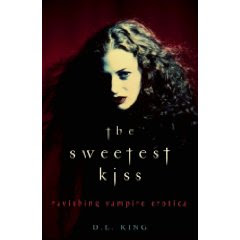My day job involves a lot of research into disparate information. One week it's the spot market price of Central Appalachian coal, the next it's Medicare/Medical reimbursement rates of Alzheimer's care facilities. Search, process, present, repeat.
That translates well to writing. For one story, I'm looking into the duties of a deck hand on a tow barge on the Mississippi River. For another, vanilla production in Papua New Guinea. I can spend hours doing this. Do I need to know about the tectonic plates that converge under Papua New Guinea? Not for my story, but it's fascinating stuff. I even know the name of the major daily newspaper in Papua New Guinea and what language (they have over 800 to choose from!) it's printed in.
The hardest part about research is knowing when to say when. And I'm not talking about the obvious procrastination going on here. I'm talking about how much of that research should go into the story. The problem is much worse for people who write historicals (god, I love reading them, but I just don't want to go there writing one.) than it is for those of us who write contemporary (any genre), fantasy, or science fiction. But it's still a problem. You learn all this cool stuff and want to get it into a story, but at some point you have a character soliloquizing about the spot market rate for vanilla beans and hand pollination - and you've just killed your story. So where do you draw the line? Where does the unique jargon of a job stop flavoring a story and become an impediment to smooth reading? Where do tiny details mark you as a crashing bore versus someone who knows of whence you speak? (someone asked about a policeman chasing a thief through the London sewer in the 1750s on one site I belong to. Problem is - there was no organized police force in London until about the 1820s, and no sewers for years after that.)
This is where my experience doing executive briefings comes in handy. Try to offer only three major metrics (facts) that are big picture items. Jargon should fit into the flow of the conversation and be as self-explanatory as possible within the context of what the characters are talking about. (And it should be pertinent to the plot.) Action should clarify (You don't have to have a character stand up and give a speech about the duties of a deck hand on a barge if the characters are doing it.) Ignore cool stuff that doesn't directly affect the characters during the story, but try to use unique events and props of that setting as plot points. The story is about the characters, not the facts, not the setting, not the props, not the jargon. Keep your focus on them and you'll be fine.
Monday, September 22, 2008
Subscribe to:
Post Comments (Atom)















.jpg)











No comments:
Post a Comment